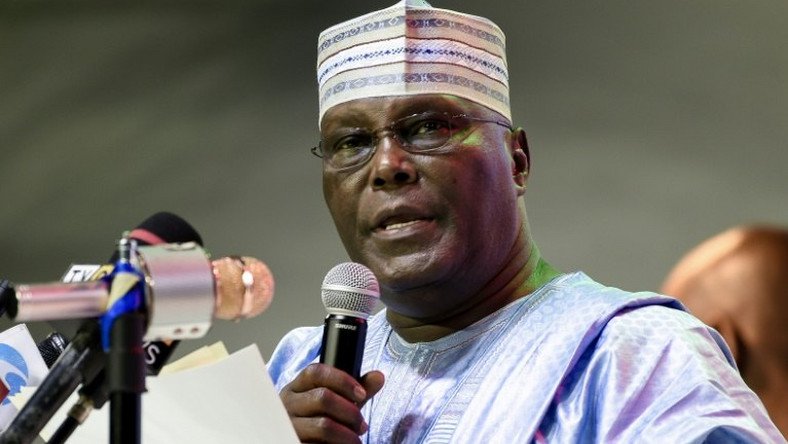The National Bureau of Statistics (NBS) issued data in Q2 2023 showing that Nigeria’s economic growth slowed down. In a country whose population growth has been consistent, this represented another downturn in actual growth.
The statistics agency stated in its report that Nigeria’s real GDP at basic prices increased by 2.31% year over year in the first quarter of 2023, a lower growth rate than the equivalent quarter of 2022, which increased by 3.11%.
GDP growth in Q2 was 2.51%, which was positive but less than in Q2 of 2022 when the economy grew by 3.54%. According to the statistics office, the performances in 2023 show a drop of 0.80% points in the Q1 compared to the Q1 of 2023 growth rate and a fall of 1.03% points in Q2 of 2023.
The report said household consumption expenditure in Q1 and Q2 of 2023 grew by -24.95% and 3.30% in real terms, year-on-year. However, the growth rates in Q1 and Q2 of 2023 were lower than the rates recorded in Q1 of 2022 and higher than Q2 of 2022.
On year on year, Nigerian government consumption expenditure grew by 17.83% and 5.79% in Q1 and Q2 of 2023 respectively, compared to -9.91% and -6.23% in Q1 & Q2 of 2022. Net export growth was negative in Q1, which was a departure from a positive growth rate in the fourth quarter of 2022.
Net exports grew in real terms by -1,740.06% and 1.42% respectively in Q1 and Q2 of the year, lower than -160.14% and 70.27% seen in the comparable period in 2022.
Meanwhile, national disposable income grew by 9.29% and 8.29% in Q1 and Q2 of 2023 respectively, higher than the growth of 1.55% and 1.84% in Q1 and Q2 of 2022 respectively on a year-on-year basis in real terms.
The growth of national disposable income became positive since Q4 of 2021, showing a better performance in Q1 & Q2 of 2023 relative to Q1 and Q2 of 2022.
Compensation of employees in the Q1 and Q2 of 2023 grew by 15.08%, and 19.41% respectively in real terms on a year-on-year basis. These growth rates were higher than the 6.48% and 3.93% recorded in Q1 and Q2 of 2022 respectively.
In the period, household consumption accounted for the largest share of real Gross Domestic Product at market prices, representing 57.18% and 64.05% in Q1 and Q2 of 2023 respectively.
This came in stark contrast with 78.02% and 63.65% reported in the corresponding quarters of 2022. Nigeria’s net exports, which represented 19.55% of total real GDP at market prices in Q1 of 2023, decreased in Q2 of 2023 to 15.44%, the statistics office said in the report.
The share of general government consumption expenditure represented 5.93% in Q1 of 2023 but decreased slightly to 5.92% in Q2 of 2023. Gross fixed capital formation accounted for 15.70% of real GDP in Q1 of 2023 and declined to 13.10% in Q2 of 2023.












